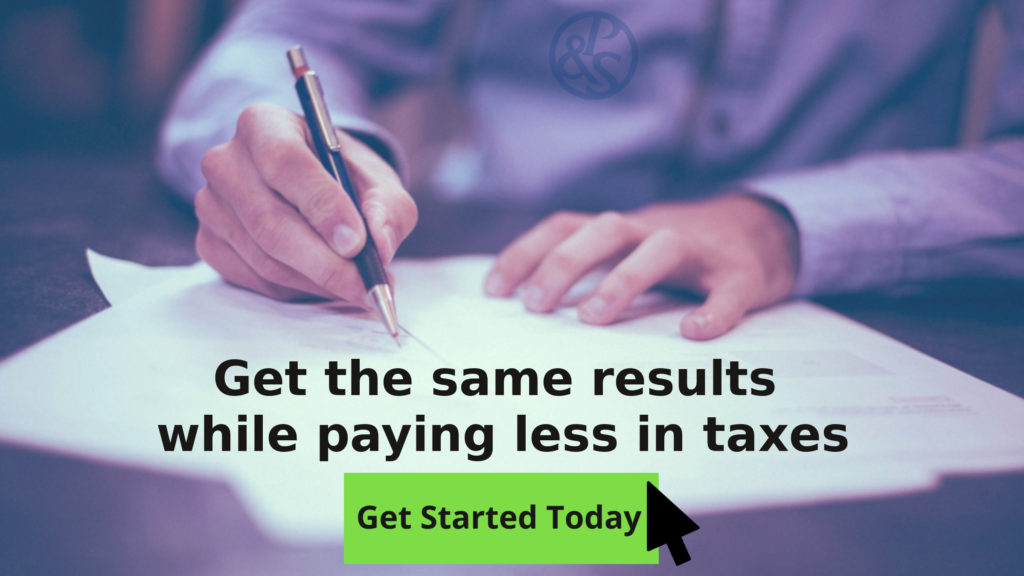Six Keys to More Successful Investing

A successful investor maximizes gain and minimizes loss. Though there can be no guarantee that any investment strategy will be successful and all investing involves risk, including the possible loss of principal, here are six basic principles that may help you invest more successfully.
Long-term compounding can help your nest egg grow
It’s the “rolling snowball” effect. Put simply, compounding pays you earnings on your reinvested earnings. The longer you leave your money at work for you, the more exciting the numbers get. For example, imagine an investment of $10,000 at an annual rate of return of 8 percent. In 20 years, assuming no withdrawals, your $10,000 investment would grow to $46,610. In 25 years, it would grow to $68,485, a 47 percent gain over the 20-year figure. After 30 years, your account would total $100,627. (Of course, this is a hypothetical example that does not reflect the performance of any specific investment.)
This simple example also assumes that no taxes are paid along the way, so all money stays invested. That would be the case in a tax-deferred individual retirement account or qualified retirement plan. The compounded earnings of deferred tax dollars are the main reason experts recommend fully funding all tax-advantaged retirement accounts and plans available to you.
While you should review your portfolio on a regular basis, the point is that money left alone in an investment offers the potential of a significant return over time. With time on your side, you don’t have to go for investment “home runs” in order to be successful.
Endure short-term pain for long-term gain
Riding out market volatility sounds simple, doesn’t it? But what if you’ve invested $10,000 in the stock market and the price of the stock drops like a stone one day? On paper, you’ve lost a bundle, offsetting the value of compounding you’re trying to achieve. It’s tough to stand pat.
There’s no denying it–the financial marketplace can be volatile. Still, it’s important to remember two things. First, the longer you stay with a diversified portfolio of investments, the more likely you are to reduce your risk and improve your opportunities for gain. Though past performance doesn’t guarantee future results, the long-term direction of the stock market has historically been up. Take your time horizon into account when establishing your investment game plan. For assets you’ll use soon, you may not have the time to wait out the market and should consider investments designed to protect your principal. Conversely, think long-term for goals that are many years away.
Second, during any given period of market or economic turmoil, some asset categories and some individual investments historically have been less volatile than others. Bond price swings, for example, have generally been less dramatic than stock prices. Though diversification alone cannot guarantee a profit or ensure against the possibility of loss, you can minimize your risk somewhat by diversifying your holdings among various classes of assets, as well as different types of assets within each class.
Spread your wealth through asset allocation
Asset allocation is the process by which you spread your dollars over several categories of investments, usually referred to as asset classes. These classes include stocks, bonds, cash (and cash alternatives), real estate, precious metals, collectibles, and in some cases, insurance products. You’ll also see the term “asset classes” used to refer to subcategories, such as aggressive growth stocks, long-term growth stocks, international stocks, government bonds (U.S., state, and local), high-quality corporate bonds, low-quality corporate bonds, and tax-free municipal bonds. A basic asset allocation would likely include at least stocks, bonds (or mutual funds of stocks and bonds), and cash or cash alternatives.
There are two main reasons why asset allocation is important. First, the mix of asset classes you own is a large factor–some say the biggest factor by far–in determining your overall investment portfolio performance. In other words, the basic decision about how to divide your money between stocks, bonds, and cash is probably more important than your subsequent decisions over exactly which companies to invest in, for example.
Second, by dividing your investment dollars among asset classes that do not respond to the same market forces in the same way at the same time, you can help minimize the effects of market volatility while maximizing your chances of return in the long term. Ideally, if your investments in one class are performing poorly, assets in another class may be doing better. Any gains in the latter can help offset the losses in the former and help minimize their overall impact on your portfolio.
Consider liquidity in your investment choices
Liquidity refers to how quickly you can convert an investment into cash without loss of principal (your initial investment). Generally speaking, the sooner you’ll need your money, the wiser it is to keep it in investments with comparatively less volatile price movements. You want to avoid a situation, for example, where you need to write a tuition check next Tuesday, but the money is tied up in an investment whose price is currently down.
Therefore, your liquidity needs should affect your investment choices. If you’ll need the money within the next one to three years, you may want to consider certificates of deposit or a savings account, which are insured by the FDIC, or short-term bonds or a money market account, which are neither insured or guaranteed by the FDIC or any other governmental agency. Your rate of return will likely be lower than that possible with more volatile investments such as stocks, but you’ll breathe easier knowing that the principal you invested is relatively safe and quickly available, without concern over market conditions on a given day.
Note: If you’re considering a mutual fund, consider its investment objectives, risks, charges, and expenses, all of which are outlined in the prospectus, available from the fund. Consider the information carefully before investing.
Dollar cost averaging: investing consistently and often
Dollar cost averaging is a method of accumulating shares of stock or a mutual fund by purchasing a fixed dollar amount of these securities at regularly scheduled intervals over an extended time. When the price is high, your fixed-dollar investment buys less; when prices are low, the same dollar investment will buy more shares. A regular, fixed-dollar investment should result in a lower average price per share than you would get buying a fixed number of shares at each investment interval.
Remember that, just as with any investment strategy, dollar cost averaging can’t guarantee you a profit or protect you against a loss if the market is declining. To maximize the potential effects of dollar cost averaging, you should also assess your ability to keep investing even when the market is down.
An alternative to dollar cost averaging would be trying to “time the market,” in an effort to predict how the price of the shares will fluctuate in the months ahead so you can make your full investment at the absolute lowest point. However, market timing is generally unprofitable guesswork. The discipline of regular investing is a much more manageable strategy, and it has the added benefit of automating the process.
Buy and hold, don’t buy and forget
Unless you plan to rely on luck, your portfolio’s long-term success will depend on periodically reviewing it. Maybe your uncle’s hot stock tip has frozen over. Maybe economic conditions have changed the prospects for a particular investment, or an entire asset class.
Even if nothing bad at all happens, your various investments will likely appreciate at different rates, which will alter your asset allocation without any action on your part. For example, if you initially decided on an 80 percent to 20 percent mix of stocks to bonds, you might find that after several years the total value of your portfolio has become divided 88 percent to 12 percent (conversely, if stocks haven’t done well, you might have a 70-30 ratio of stocks to bonds in this hypothetical example). You need to review your portfolio periodically to see if you need to return to your original allocation. To rebalance your portfolio, you would buy more of the asset class that’s lower than desired, possibly using some of the proceeds of the asset class that is now larger than you intended.
Another reason for periodic portfolio review: your circumstances change over time, and your asset allocation will need to reflect those changes. For example, as you get closer to retirement, you might decide to increase your allocation to less volatile investments, or those that can provide a steady stream of income.








